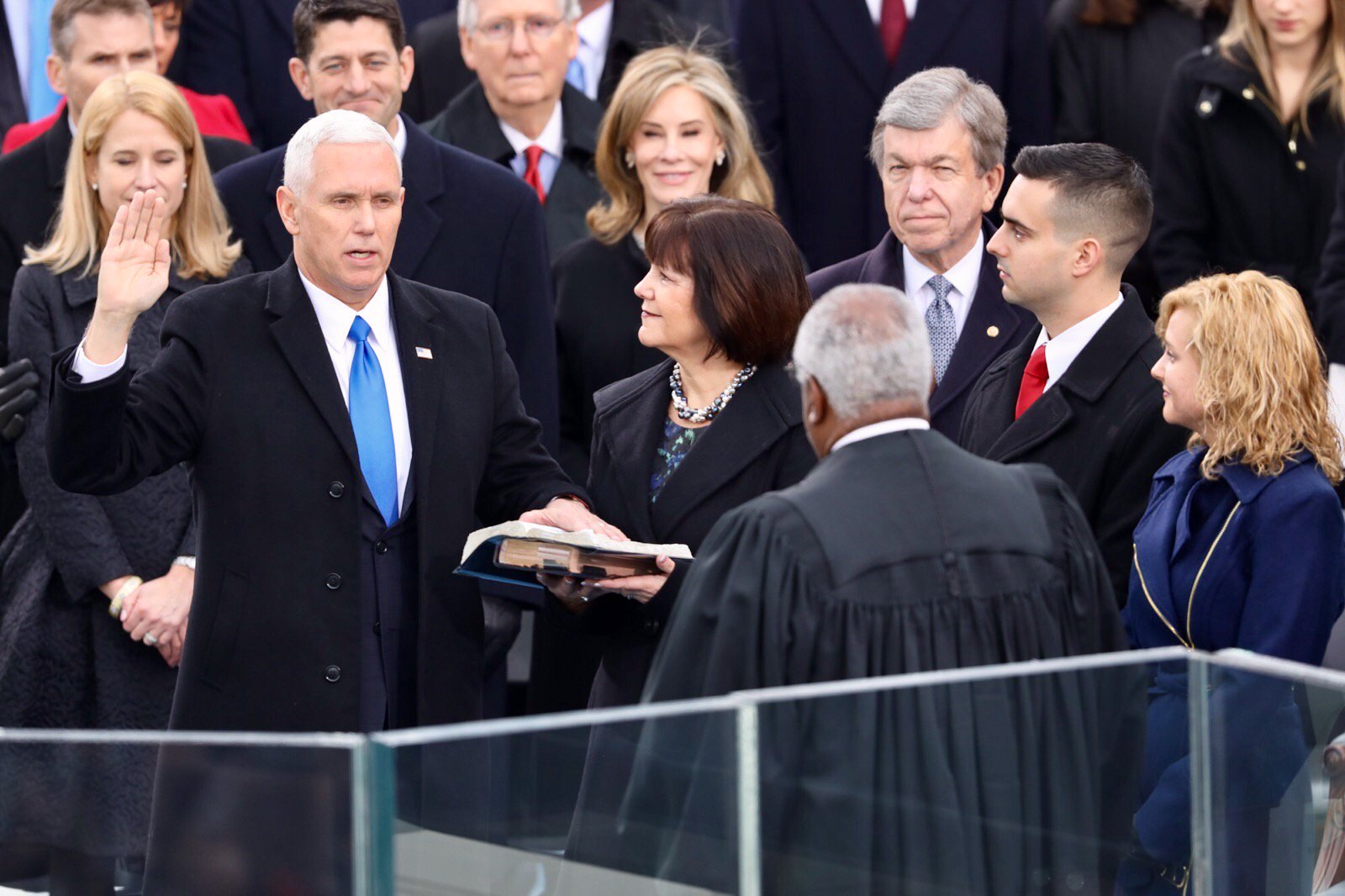Special to WorldTribune.com
UNITED NATIONS — Faced with an entrenched dictatorship, challenged by a deepening political crisis, and undermined by an escalating humanitarian catastrophe, Venezuela is careening towards the edge of the cliff. The once-prosperous Latin American country has entered an explosive political limbo which threatens both Venezuela as well as regional security.
The current crisis comprises three key challenges; political, diplomatic and humanitarian. Yet the root cause facing the oil-rich country of 33 million people remains chronic economic mismanagement and corruption.

Political: The fraudulent re-election of Nicolás Maduro last year became the symptom of a much larger malaise; the accumulated political and economic legacy of twenty years of Hugo Chavez’s socialist revolution. Maduro, the buffoonish heir of the charismatic Chavez, has blundered his way through the last few years amid a collapsing economy.
The ensuing economic stagnation inside Venezuela has ignited a political tinderbox of emotions between the left-wing government and the democratic opposition.
An tense meeting of the UN Security Council again addressed the expanding Venezuelan crisis.
Vice President Mike Pence, speaking for the United States stated unambiguously, “We call on this body to stand up for democracy and the rule of law.” He added, “ the people of Venezuela have suffered under the heavy hand of oppression. The Maduro regime’s socialist policies have shrunk their economy by nearly half. In what was once one of the wealthiest countries in our hemisphere, 9 out of 10 people now live in poverty.”
Add endemic food shortages, a free fall in social services, and a climate of domestic insecurity. VP Pence advised, “Thieves in Venezuela don’t rob banks; they rob restaurants for food.”
Diplomatic: Then in an unexpected moment of high drama rarely seen in the Council, VP Pence warned clearly, “The struggle in Venezuela is between dictatorship and democracy. Nicolás Maduro is a dictator with no legitimate claim to power, and Nicolás Maduro must go.”
Looking at the sitting delegation of Venezuela across the table, he added, “This body should revoke the credentials of Venezuela’s representative to the United Nations, recognize Interim President Juan Guaidó, and seat the representative of the free Venezuelan government in this body without delay.”
Pence then advised with an Reaganesque quip, “With all due respect, Mr. Ambassador, you shouldn’t be here. You should return to Venezuela and tell Nicolás Maduro that his time is up. It’s time for him to go.”
This may be easier said than done as most of the Venezuelan military still appears loyal to Maduro and moreover large numbers of Cuban military and police advisors are active in the
country, especially in the capital Caracas.
Despite this, the democratic opposition has been steadily gaining on the diplomatic front.
The Trump Administration has staunchly supported the opposition and the United States has offered diplomatic recognition as has Canada. Interim president Juan Guaidó has been recognized by a majority of Latin American states including, Argentina, Brazil, Colombia, Chile and Peru, not to mention most of Europe. Fifty-four nations have since recognized Guaidó’s government.
Significantly the Organization of American States (OAS) recognized the Guaidó government as the only true representative of Venezuela. As would be expected China, Russia and Cuba have dug in their heels in backing Maduro in Caracas.
Cold War rhetoric ricocheted round the Council as Russian Ambassador Vassily Nebenzia called Guaidó a “pawn” of the United States, and Venezuela’s delegate angrily charged Washington was “promoting the Monroe Doctrine.”
Humanitarian: “There is a very real humanitarian problem in Venezuela,” warned Mark Lowcock, the UN’s Emergency Relief Coordinator. Addressing the Security Council, Lowcock stated, “We estimate that seven million people in Venezuela need humanitarian assistance. That is some 25 per cent of the population.”
Mr. Lowcock added, “The Venezuelan health system is strained by shortages in personnel, medical supplies, equipment and electricity. The World Health Organization registered more than 400,000 cases of malaria in 2017… Overall, we estimate some 2.8 million people need health assistance.”
Peru’s delegate Gustavo Meza Cuadra warned of Venezuela’s “economy in free fall” and 1.5 million percent inflation in 2018. It’s no wonder that over 3.5 million Venezuelan refugees have fled to neighboring countries, a tragic record for Latin America.
Nonetheless, as Lowcock warned, “In Venezuela, there is a need to separate political and humanitarian objectives. Humanitarian assistance must be delivered on the basis of need alone.”
Tragically, Maduro is blocking distribution of vital humanitarian aid to his own people.
French Ambassador Francois Delattre darkly described this drama, “Maduro is the author and the main actor of this tragedy.” How this situation unfolds threatens Latin American peace and security.
John J. Metzler is a United Nations correspondent covering diplomatic and defense issues. He is the author of Divided Dynamism the Diplomacy of Separated Nations: Germany, Korea, China (2014). [See pre-2011 Archives]

 By
By